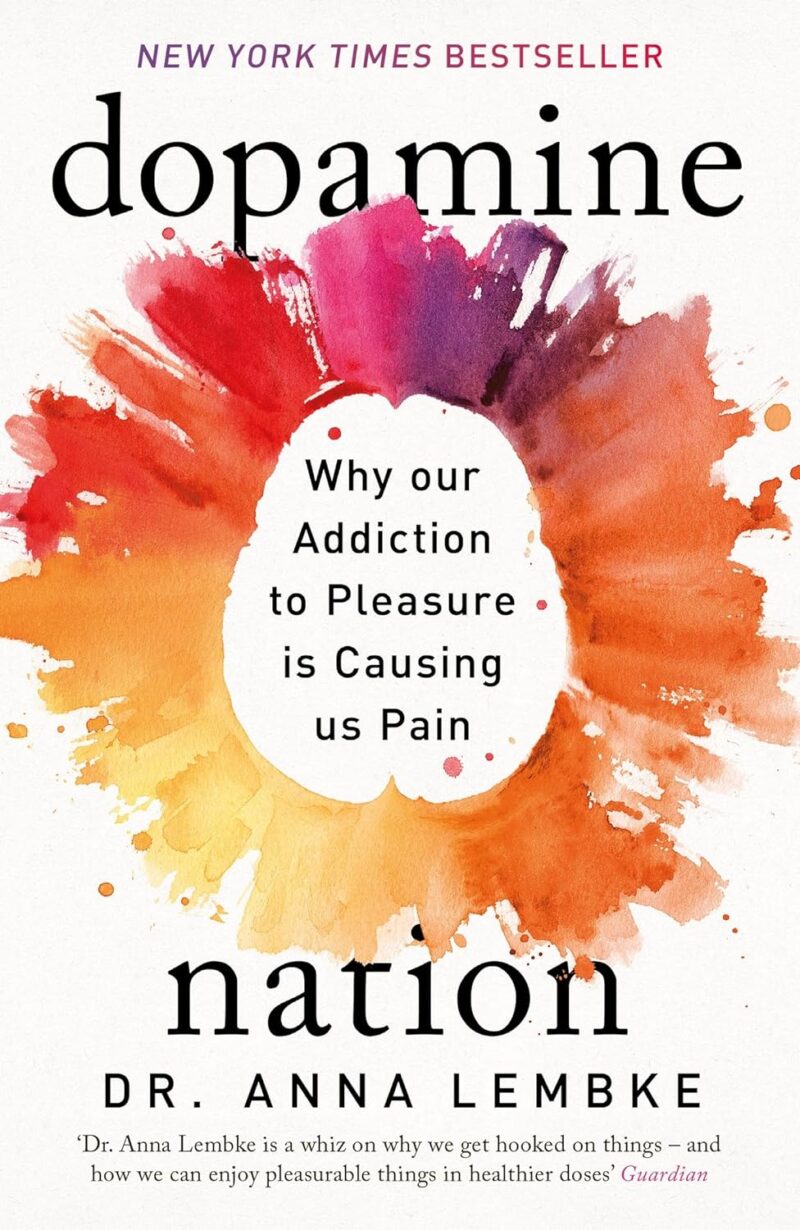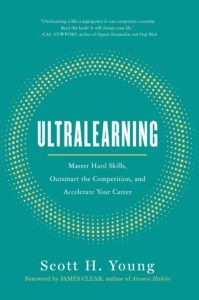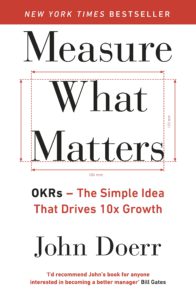Balancing Pleasure and Pain: A Deep Dive into the Dopamine-Driven World
"Dopamine Nation" by Anna Lembke explores the balance between pleasure and pain in our dopamine-driven society, highlighting addiction and modern vulnerabilities.
Subjects: self help
In an era dominated by the quest for instant gratification, Anna Lembke’s “Dopamine Nation” emerges as a profound exploration of the delicate interplay between pleasure and pain in our dopamine-driven society. This book is not merely a commentary on the prevailing norms of our times but a deep dive into the intricacies of the human psyche.
Introduction:
Lembke sets the stage with a compelling narrative about the trappings of the modern world. She paints a vivid picture of a society where fleeting pleasures often eclipse genuine human connections, leading to a surge in addictive behaviors.
The Pursuit of Pleasure and Pain:
Lembke delves deep into our inherent desire for pleasure, using metaphors to depict a society obsessed with immediate rewards. She then transitions to the concept of “Running from Pain,” emphasizing our innate tendency to avoid discomfort. The “Pleasure-Pain Balance” chapter offers a holistic perspective, suggesting that true happiness lies in striking a balance between seeking pleasure and embracing pain.
Dopamine and Modern-Day Vulnerability:
The sheer ubiquity of high-dopamine goods in the modern era makes us all more vulnerable to compulsive overconsumption, even when not meeting clinical criteria for addiction. As digital drugs like smartphones become integral to our lives, figuring out how to moderate their consumption has become a matter of urgency.
Dopamine Deficit State:
Neuroscientist Nora Volkow and her colleagues have shown that heavy, prolonged consumption of high-dopamine substances eventually leads to a dopamine deficit state. This phenomenon is evident when observing patients on high-dose, long-term opioid therapy for chronic pain. Despite prolonged opioid medications, their pain often worsens over time because exposure to opioids causes the brain to reset its pleasure-pain balance towards pain. This phenomenon, known as opioid-induced hyperalgesia, has been widely observed and verified by animal studies.
Cue-Induced Craving:
We’ve all experienced the letdown of unmet expectations. An expected reward that fails to materialize feels worse than a reward that was never anticipated in the first place. This is due to cue-induced craving. The balance tips to the side of pleasure (a dopamine mini spike) in anticipation of a future reward, immediately followed by a tip to the side of pain (a dopamine mini deficit) in the aftermath of the cue. This dopamine deficit is what we recognize as craving and drives drug-seeking behavior.
Gambling and Dopamine:
Studies have indicated that dopamine release as a result of gambling is linked to the unpredictability of reward delivery as much as to the final reward itself. The motivation to gamble is based largely on the inability to predict the reward occurrence, rather than on financial gain.
Abstinence and Dopamine Restoration:
Abstinence is necessary to restore homeostasis in the brain and with it, our ability to derive pleasure from less potent rewards. In terms of the pleasure-pain balance, fasting from dopamine allows the balance to return to a level position. However, the duration of abstinence required to experience the brain benefits of stopping varies. While two weeks of abstinence might still leave patients in a dopamine deficit state, four weeks often proves sufficient for many.
Conclusion:
“Dopamine Nation” by Anna Lembke is a masterfully crafted narrative that seamlessly blends scientific insights with personal anecdotes. Lembke’s astute observations, coupled with real-life stories, make it a riveting read. This book is not just a mirror to our society but also a guidepost for those seeking a more balanced and fulfilling life.




